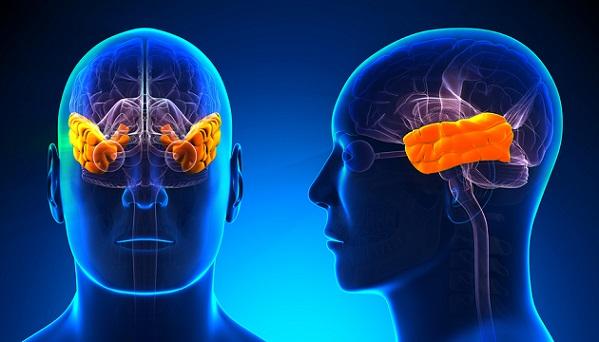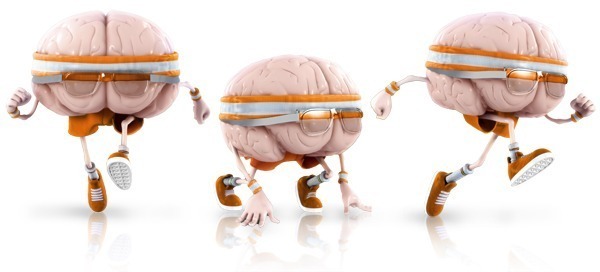Posts Tagged ‘cognitive-stimulation’
Update: Promote brain plasticity by taking your daily exercise pill — physical and cognitive
Welcome to a new edition of SharpBrains’ e‑newsletter, featuring nine scientific reports and industry developments to help promote lifelong brain health. #1. A must-read, and must-practice: Promote brain plasticity and keep your mind at ease by taking your daily “exercise pill” #2. If cognitive stimulation came in a pill it’d be worth a quadrillion, give or…
Read MoreStudy: Work in adulthood seen to significantly delay memory decline after age 60, supporting the Cognitive Reserve theory
Memory Loss Slower for Working Women (MedPage Today): Working women had slower memory decline as they aged than women who had not worked outside the home, a longitudinal study found. Non-working mothers were twice as likely to develop memory impairment at age 70 as working married mothers, reported Elizabeth Rose Mayeda, PhD, MPH, of the UCLA Fielding…
Read MoreStudy: High Cognitive Reserve (CR) seen to significantly lower dementia risk even in the presence of high Alzheimer’s Disease (AD) neuropathology
Lifespan Cognitive Reserve—A Secret to Coping With Neurodegenerative Pathology (JAMA Neurology editorial): Given the limited success of therapeutic interventions for Alzheimer disease, there is increased interest in understanding whether modifiable factors can help cope with or postpone the appearance of brain pathology. It is estimated that about 35% of Alzheimer risk is modifiable. Epidemiologic studies…
Read MoreQuick brain teaser to prove the limits of multitasking
How often do you discuss office gossip via chat while participating in a Zoom meeting? Or read a great article while talking on the phone with a client? Or, wait, think about work problems while helping your child with homework? Yup, it is not easy to stay focused and be truly productive.
Read MoreBrain Teaser: Ready to stimulate those neurons in your temporal lobes?
Language is primarily processed in the temporal lobes–on the sides of your brain, next to you temples, mostly on the left side–and different areas in the temporal lobes deal with different aspects of language. For example, the Wernicke area supports your ability to understand words, whereas the Broca area allows you to produce language or…
Read More5 quick brain teasers to sharpen two key cognitive skills: attention and working memory
Looking for some fun–and free–cognitive stimulation over the weekend? Here you have a few quick brain teasers to challenge your attention and your working memory (working memory is the capacity to keep information in your mind while working on processing and integrating it) Please give them a try…they are not as easy as they may seem :-)
Read More





